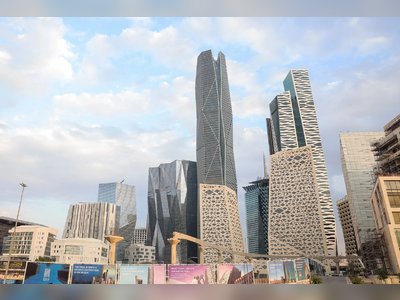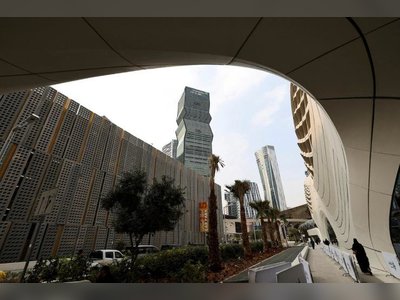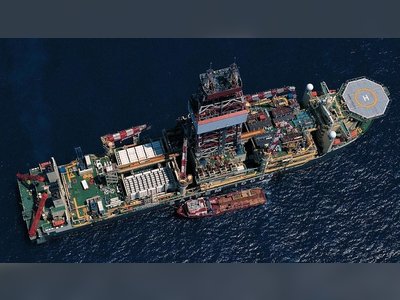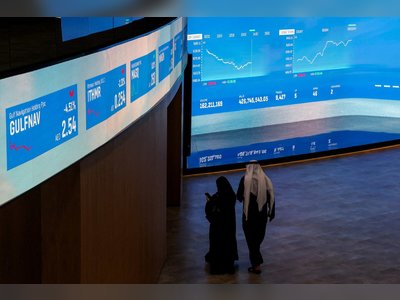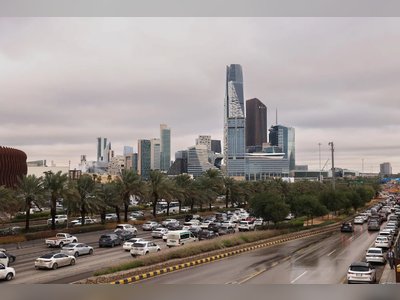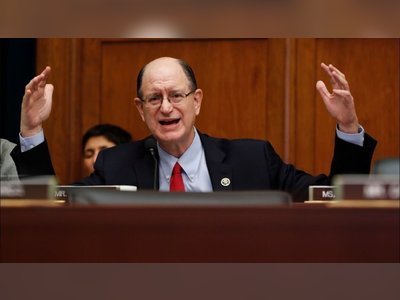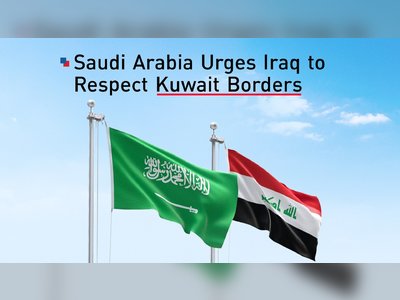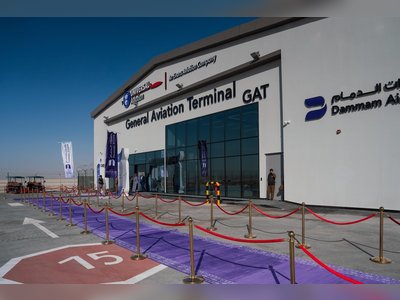
China funnels its overseas aid money into political leaders’ home provinces
China’s financing of overseas projects has disproportionately benefited the core political supporters of incumbent presidents or prime ministers of those countries that receive the funds, according to a new book.
During the 20th century, China was mostly known as a recipient of international development finance. Its overseas development programme was modest – roughly on a par with that of Denmark. But over the course of one generation, as Beijing emerged as the world’s second-largest economy, its footprint began to extend far beyond its borders – often in the form of infrastructure initiatives such as Belt and Road.
Its use of debt rather than aid to bankroll big-ticket overseas projects created new opportunities for developing countries to achieve rapid socio-economic gains, but it also introduced major risks, such as corruption, “political capture” and conflict.
The authors of the new book, Banking on Beijing, published by Cambridge University Press, found that in those countries that receive Chinese aid, funding for the political leader’s home province increased by 52% during the years when he or she was in power. But this political capture effect vanished when the leader left office.
They also found that, in the run-up to elections, these areas often saw sharp increases in Chinese government-backed funding.
“There is rot in the system that Beijing created to fast-track the implementation of development projects,” said Dr Bradley Parks, executive director of the AidData research lab at William & Mary college in Williamsburg, Virginia, and one of the five authors of the book.
“Beijing often asks for project proposals and loan applications from senior incumbent politicians rather than technocrats. And this often leads to projects being green-lit that disproportionately benefit the core political supporters of the president or prime minister.”
In Sri Lanka, for example, during his tenure as president, from 2005-2015, Mahinda Rajapaksa tried to transform the remote Hambantota district at the southern tip of the island – his birthplace and home to only 12,000 residents – into a second capital through Chinese-backed infrastructure building, including a huge international airport.
But questions quickly arose about the cost-effectiveness of these projects. In a 2007 cable from the US embassy in Colombo, the ambassador, Robert Blake, reported: “An empty port, an empty airport, and an empty vast convention centre would not generate the benefits that Hambantota needs, and may, if constructed, be considered the president’s folly.”
In 2014, Sri Lanka’s aviation minister told the parliament that the airport, which cost $210m, had “only earned $123 in revenue in a single month”. And when a visiting journalist asked a senior government official about the airport, he indicated, “when I visited the airport there, I asked the sole immigration officer how many passports she’d stamped that day. She said, ‘One.’ ”
But despite such controversies, Beijing has insisted its China-Sri Lanka cooperation is “mutually beneficial and has been warmly welcomed by all sectors in Sri Lanka”. On his visit to the island in 2014, China’s president, Xi Jinping, signed 20 bilateral co-operation agreements, including a $1.4bn Chinese-funded port city in Colombo. Xi described Sri Lanka as a “splendid pearl”.
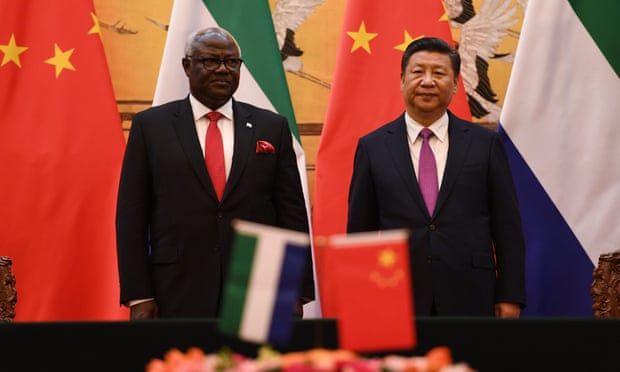 Former Sierra Leone president Ernest Bai
Koroma and China’s president, Xi Jinping, preside over a signing
ceremony in Beijing in 2016.
Former Sierra Leone president Ernest Bai
Koroma and China’s president, Xi Jinping, preside over a signing
ceremony in Beijing in 2016.
In Sierra Leone, when Ernest Bai Koroma became the president in 2007, his home district, Bombali, was one of the country’s four most populous districts but also one of the poorest. His rise to political stardom quickly changed the situation.
Parks and his colleagues found evidence that suggests Koroma and his allies, with the assistance of Chinese aid, actively discriminated in favour of their home provinces and districts. By the end of Koroma’s second term, the district’s capital, Makeni, was one of the few places with 24-hour electricity.
In his 2012 re-election, across the country’s other 13 districts Koroma received an average vote share of only 51% but in Bombali it was 93%.
“This research finds stronger evidence for such ‘home province bias’ among Chinese aid projects for social infrastructure – schools, hospitals, stadiums, etc – but not so in productive projects financed by Chinese loans such as mines or factories,” said Dr Hong Zhang of the China-Africa Research Initiative at Johns Hopkins University in Washington.
“It would be interesting to see, however, if other bilateral donors such as Japan – who also follow a request-based approach in their development assistance – also disproportionally support projects that benefit the incumbent political leaders’ key constituencies.”
Ben Bland, director of the Asia-Pacific programme at the London-based thinktank Chatham House, said it is not just Chinese companies and banks that have sought to partner with politically connected companies and business people to facilitate overseas investments. Many other foreign investors take a similar approach.
He said: “These deals often reflect the political economy of partner countries but they also expose foreign investors and funders to public and political backlashes if and when governments change because of elections, personnel issues or coups.”
Analysts point out that as China’s economic growth has begun to slow, Beijing’s lavish overseas finance has inevitably decreased. Chinese overseas lending has been in decline since 2017, and lending to Africa and Latin America almost came to a halt in 2020 as many debtor countries defaulted or were on the verge of doing so.
And in Asia, Bland said, many developing countries are still trying to complete and integrate large infrastructure investments, such as new railway projects in Laos, Indonesia and Malaysia.
“After a flurry of big deals in previous years, it is natural for there to be a slowdown in pace while countries digest these projects,” Bland said.
For China, an emerging risk is how countries that are mired in fiscal troubles will keep their contractural obligations. Last week, Sri Lanka defaulted on its debts for the first time in its history as it struggled with its worst financial crisis in more than seven decades. China holds nearly 10% of Sri Lanka’s total foreign debt.
This is a cautionary tale for Beijing. “China now needs to decide what to do with countries that cannot repay the loans in time,” said Zhang. “This is a highly uncertain time for the Chinese banks, companies, and the borrowing countries.”

